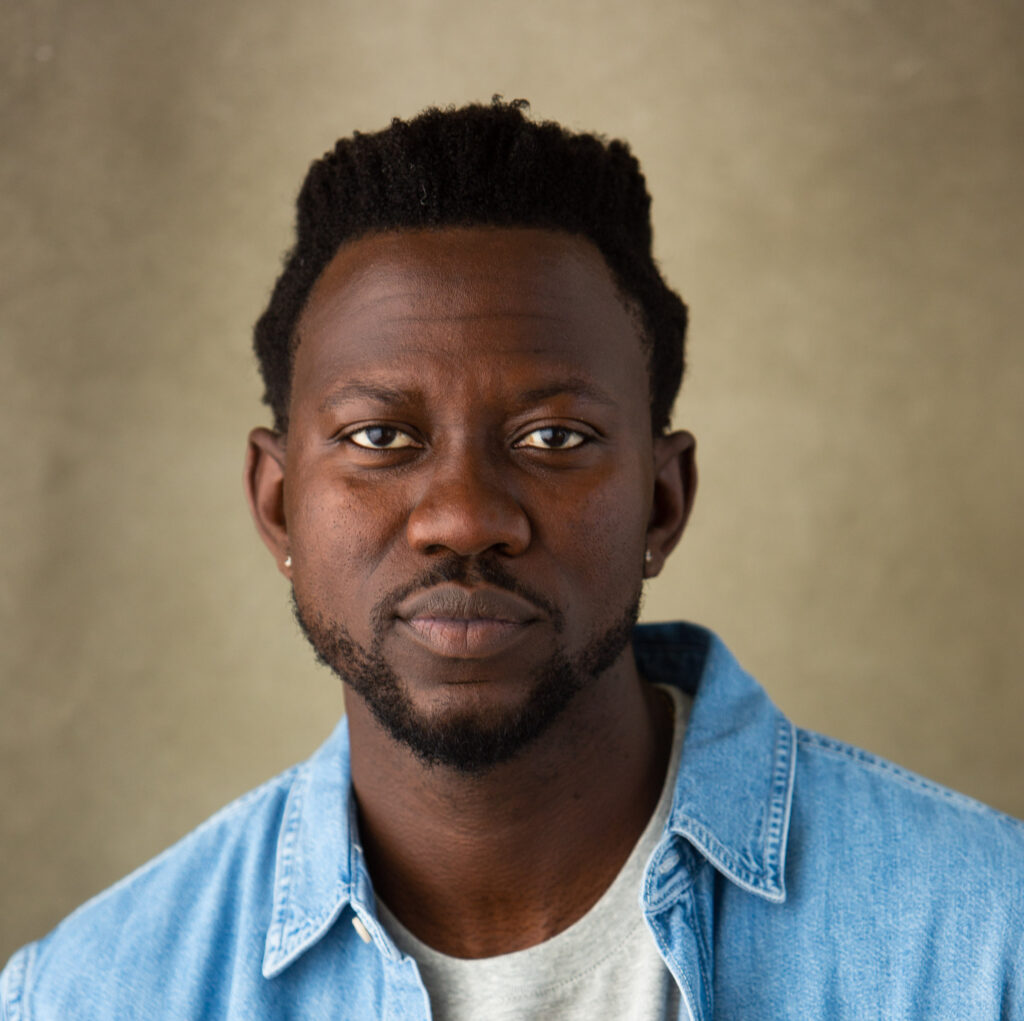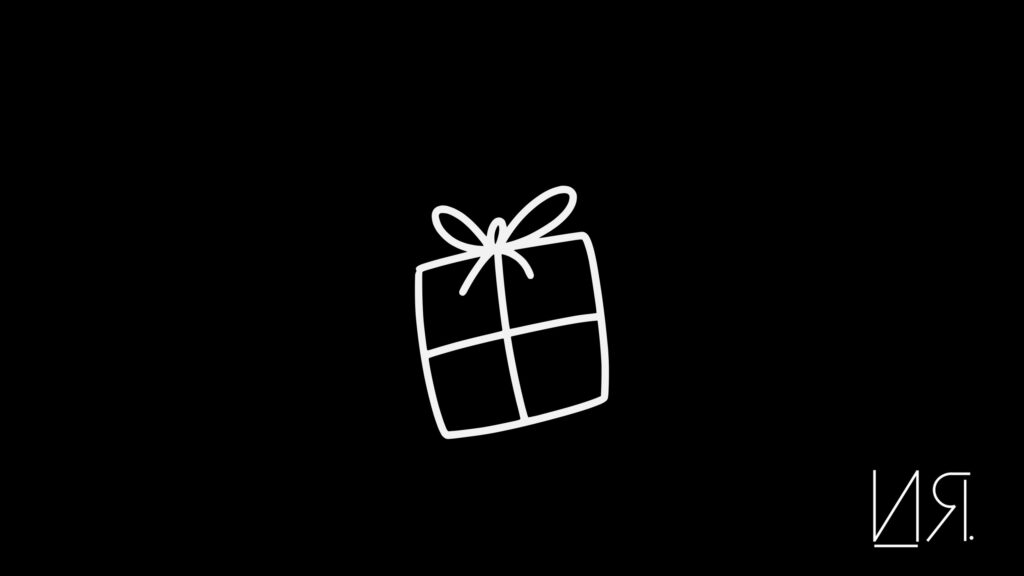Embracing self-responsibility is one of your clearest paths to living a life with purpose.

Most times we tend to look beyond ourselves to find purpose. We ascribe our morality based on things that we watch, the people we’re surrounded by, our culture, religion, and tradition.
Our true moral compass comes from within — And that is usually shaped by our experiences, who we really are, who we want to be, and how we treat ourselves and one another.
Owning our personal responsibility is one of the bravest things we can do. Because at that point, we accept our roles and contribution to the greater community and rid ourselves of any “victim mentality” that holds us back from effectively transforming our reality and driving change.
“Music is a spiritual thing. You don’t play with music. If you play with music, you’ll die young. Because when the higher forces give you the gift of musicianship, it must be well-used for the good of humanity. — Fela Kuti”
The Existential Pleasures of Engineering
When I was a few years deep into my job as a process optimization engineer, I had developed the habit of reading books on flights to the customer site. One of the books that caught my attention at the bookstore was The Existential Pleasures of Engineering.
I picked the slim book that day, curious to read what engineering pleasures the author was talking about.
I was seeking some type of explanation that would justify hours of travel to remote manufacturing sites.
Beyond the key performance indicators we provide to our clients, there had to be more to the job, right?
As I read the book, a lot of my personal questions were left unanswered. However, the main memo that stuck with me was the author’s message about the engineer’s responsibility in society.
After reading the last page of the book, I dropped the book and immediately felt a sense of personal responsibility in my profession.
That was in 2010.
Almost a decade after reading that book, I was interviewing musicians for my book — PRESS PLAY and one of the main questions that kept popping up in my head was:
What is the musician’s responsibility in society?
The Musician’s Responsibility
I purchased a lot of rap albums growing up. I would look out for the CD that had the black and white warning in the bottom right corner of the album cover “PARENTAL ADVISORY: EXPLICIT CONTENT” and would always pick that version, satisfactorily so.

I wanted the unfiltered and unadulterated version. I wanted to hear those “bad words” that they were shielding us children from. I remember seeing some type of rally on the TV where they singled out the music that I liked and in a concerted effort they started stomping on a pile of CDs.
There were arguments on both sides of the aisle.
Those against the blatantly explicit music that had been categorized as “gangsta rap” said the music was too explicit, with misogynistic and homophobic rhetoric that promotes violence.
On the other side of the debate were musicians that said they were expressing the realities of the environment they were in.
Who was right? The musicians or the critic? Perhaps there is no clear moral distinction to be made in our shared reality where we all perceive things differently?
Music is just like any other tool in a toolbox. It can be used for good and it can also be used with bad intentions. Just like how a hammer can be used as one of the tools to build a beautiful house, it can also be used to shatter windows and tear down nicely crafted structures. The same goes for music.
Throughout my research for the book, I focused on the utility of music to bring about positive change. That is what I went out to seek: how music can be used to empower people to live better lives.
This power does not negate the fact that music can be used for devious purposes.
The lyrics of your favorite musician can be used as a jack to uplift you while its hinges oppresses another segment of the society.
Bad Vibes and Propaganda
Music can also be used as a tool and advantage in political — and actual — warfare.
Cognizant of the musical influence, governments and authoritarian regimes actively used music as a tool of propaganda and psychological warfare.
Joseph Goebbels was a German Nazi minister and Reich Minister of Propaganda of Nazi Germany from 1933 to 1945. He was one of Hitler’s closest friends and associates, and he clearly understood the link between music and political warfare.
Goebbels was very adept at using the force of music. He knew music was the great crowd-pleaser, the most effective way to seduce and sway the masses. Goebbels stated,
“Music affects the heart and emotions more than the intellect. Where then could the heart of a nation beat stronger than in the huge masses, in which the heart of a nation has found its true home?”
Music used as a war tool was a means to instill Germanic values and counter any “degenerate” music, like jazz, that was corrupting the people.
The use of music as propaganda, an auditory weapon during times of war, and a way to stiffen national agendas can be seen throughout history.
Knowing that music can be used for either positive or negative change, what is the musician’s role in society? Does the musician have any particular responsibility? If so, why is it theirs to bear?
“If there is a responsibility placed on the musician, shouldn’t that same responsibility be placed on the electrician or the entrepreneur or the writer?”
That almost full bottle of Coca-Cola
Let’s take a quick journey back to those engineering years in 2010.
As I listened to music on a flight back from a three-week long business trip, I was struck by the action of the man seated next to me in the aisle seat.
He pulled out a bottle of Coca-Cola, opened it, took a sip, as though he was tasting to confirm if there was sugar in it, closed the bottle, and dropped it in the seat pocket in front of him.
I was curious to see whether he would drink out of that bottle again.
This could not be the first time this middle-aged American man tasted Coke, I thought to myself.
He opened up a bar of biscuit (or something) and began to champ on it. He still didn’t go back to his slightly-sipped drink. When we were about to land, the attendant came around with a bag of trash.
To my amazement, my seat neighbor picked up the full bottle of Coke and threw it into the trash.
I have seen different forms of wastefulness. I have been guilty of it myself, but this action was stuck in my head.
It really struck me in that moment because I was working hard helping manufacturers maximize their production. I was that engineer who helped companies get more beverages out to consumers. To watch someone just take a sip of a product that people work so hard to produce and just waste it. Once again, it threw my whole purpose into question.
Where does the responsibility lie? With the producers working hard to put products in the hand of the consumer or the consumer’s awareness of what they deem as adequate?
As an income-earner within my organization, should I just focus on making my corporation profitable to guarantee my paycheck or should I be questioning the singular goals of my organization because of the ripple effects it has on the society?
These are questions not just for individual professionals like I was, but for whole corporations and organizations, our schools, religions and political institutions and government.
The individual is responsible for what they produce and consume, and these choices collectively affect the community.
Boosting Collective Consciousness
The key message I got from reading THE EXISTENTIAL PLEASURES OF ENGINEERING is that although the engineer’s professional duty is to help drive its employer’s goal — profitability — there’s also a greater goal to serve, which is the enhancement of the public good.
Whether building a bridge or optimizing production of a factory, the ultimate goal is to make sure all the work done is serving the purpose of enhancing the collective lot of the public.
This instilled an intrinsic guide within me: to make sure that most decisions made, actions taken, lines of logic written served a deeper purpose.
We all have a personal responsibility to ourselves and one another. Over the years, I have found that the resonating moral compass that cuts across religions, dogma, and spiritual teachings is to
do no harm and to treat people the way we want to be treated.
What is needed is for everybody to be who they want to be. To embrace themselves and work towards a collective truth of being good to one another.
Let the musician be a musician. Let them be true. Let the musician be honest. To be themselves. To be whom they really are.
“You learn the rules to break them. There’s a golden rule. And if you don’t break the golden rule, all the other shit people will forgive and accept as long as you don’t break the golden rule in the art . . . which is . . . Tell the truth. Draw from your experiences. Tell the truth.” — Nipsey Hussle
From writing PRESS PLAY, I learned that just like any other profession or craft, the musician does have a responsibility, especially since they are the guardians of such a powerful form and language that moves our bodies, thoughts, and emotions.
This influence can be harnessed to boost the general welfare of people and used for the public good.
The Existential Pleasures of Your Craft
This awarenes applies of being intentional about what you do and it’s on boosting or harming public good is applicable to any craft — the engineer, the marketer, the CEO, the teacher, the student, the writer, the accountant.
As individuals we can always come back to our sense of self-responsibility. We can always ask whether what we choose to do is in line with improving the lot of yourself and the people around you.
You can always follow the cardinal rule of doing no harm.
By embracing our personal responsibilities, we individually boost our sense of empowerment that can help us collectively come together to disrupt our biggest common problems — fueling our sense of purpose on this planet.


